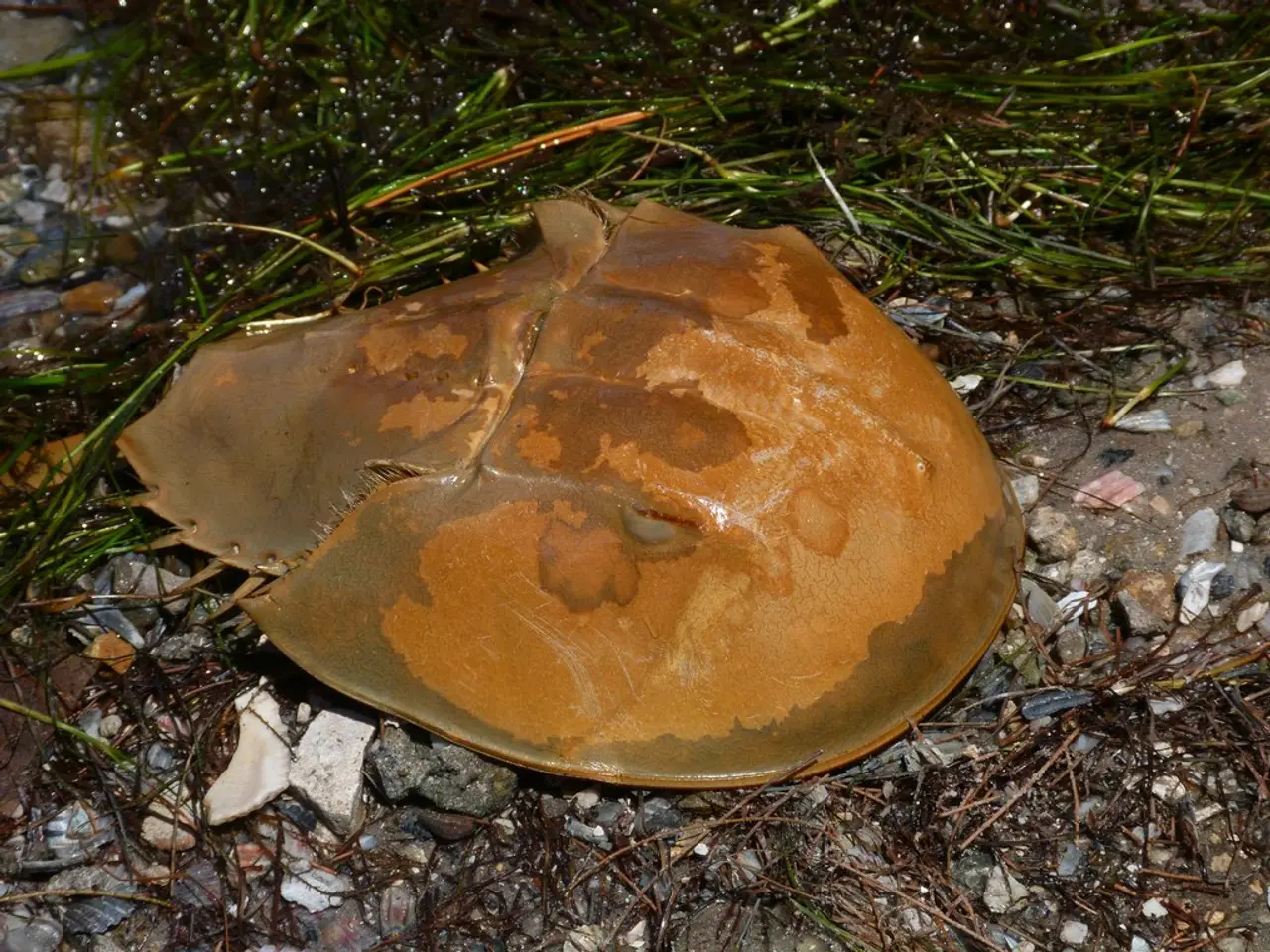DestroyingNematodes: Preserve Your Soil, Protect Your Crops
In the world of home gardening, one common challenge faced by many is the presence of nematodes - microscopic organisms that can cause significant damage to plants. However, with a combination of strategic approaches, gardeners can effectively manage nematode populations while promoting overall soil and plant health.
One such strategy is crop rotation. By rotating crops with non-host or poor-host plants, gardeners can reduce nematode populations over time. Incorporating cover crops like sunn hemp and velvet bean, which produce allelochemicals with nematicidal effects, can further aid in this process. Multiple seasons of crop rotation may be needed for significant reduction.
Another effective method is the use of resistant varieties. Selecting plant cultivars bred for resistance or tolerance to specific nematodes can help minimize damage and suppress nematode growth. Examples of vegetable varieties resistant to root-knot nematodes include California Blackeye No. 5, Mississippi Nemaheart, Park's Early Challenge, Celebrity Supreme F1, and Mountain Fresh Plus F1.
Soil solarization is another valuable tool in the fight against nematodes. This method involves covering moist soil with clear plastic during hot, sunny periods to raise soil temperature and kill many soil-borne nematodes and pathogens in the top several inches of soil. This is especially effective before planting a new crop.
Incorporating organic matter is crucial for improving soil health and fertility. Organic amendments like composted leaves, grass clippings, and manure enhance the soil food web and help plants resist nematode damage. Healthy plants are less susceptible to nematodes. However, it's important to avoid using undecomposed organic matter near host plants when disease risk is high.
Use of beneficial nematodes is another approach. Commercially available beneficial nematodes parasitize harmful nematodes or other soil pests, providing a natural solution to the problem. They should be applied to moist soil in the early morning or late evening to avoid sunlight damage and maintain soil moisture afterward to ensure effectiveness.
Companion planting is another eco-friendly method. Planting nematode-repellent companions like marigolds or garlic alongside susceptible crops can deter nematodes and other pests naturally.
After removing the roots of affected plants, it's important to till the soil two to three times in the fall to break up the soil and turn the nematodes up to the surface where they will die off from exposure to sunlight.
Planting overwintering grass cover crops like wheatgrass, ryegrass, or rye can help manage nematodes by keeping the soil covered and tilling them under in the spring to add more plant matter to the soil.
Solarising the soil is an alternative method for controlling plant-parasitic nematodes without using costly soil pesticides or lengthy crop rotations. To solarise the soil, prepare the soil, cover it with a clear plastic tarp or mulch, maintain moisture, leave the plastic in place for at least 4 to 6 weeks, and avoid cultivation after removal.
Frequent incorporation of organic matter is important for maintaining healthy soil and managing nematodes, with high rates of application recommended. Using nematode-resistant varieties can help produce a good crop even in the presence of nematodes.
By implementing these integrated methods, gardeners can reduce nematode populations while promoting overall soil and plant health, providing an eco-friendly and sustainable approach for nematode management in home gardens.
- In the world of health-and-wellness, promoting soil health through strategies like crop rotation, soil solarization, and incorporating organic matter can improved plant resistance to nematode damage, contributing to the overall health of the plants.
- To maintain a balanced fitness-and-exercise routine, one might consider the importance of a nutrient-rich diet in supporting overall health and resistance to health issues like nematode damage in plants, thereby promoting a sustainable home garden.




